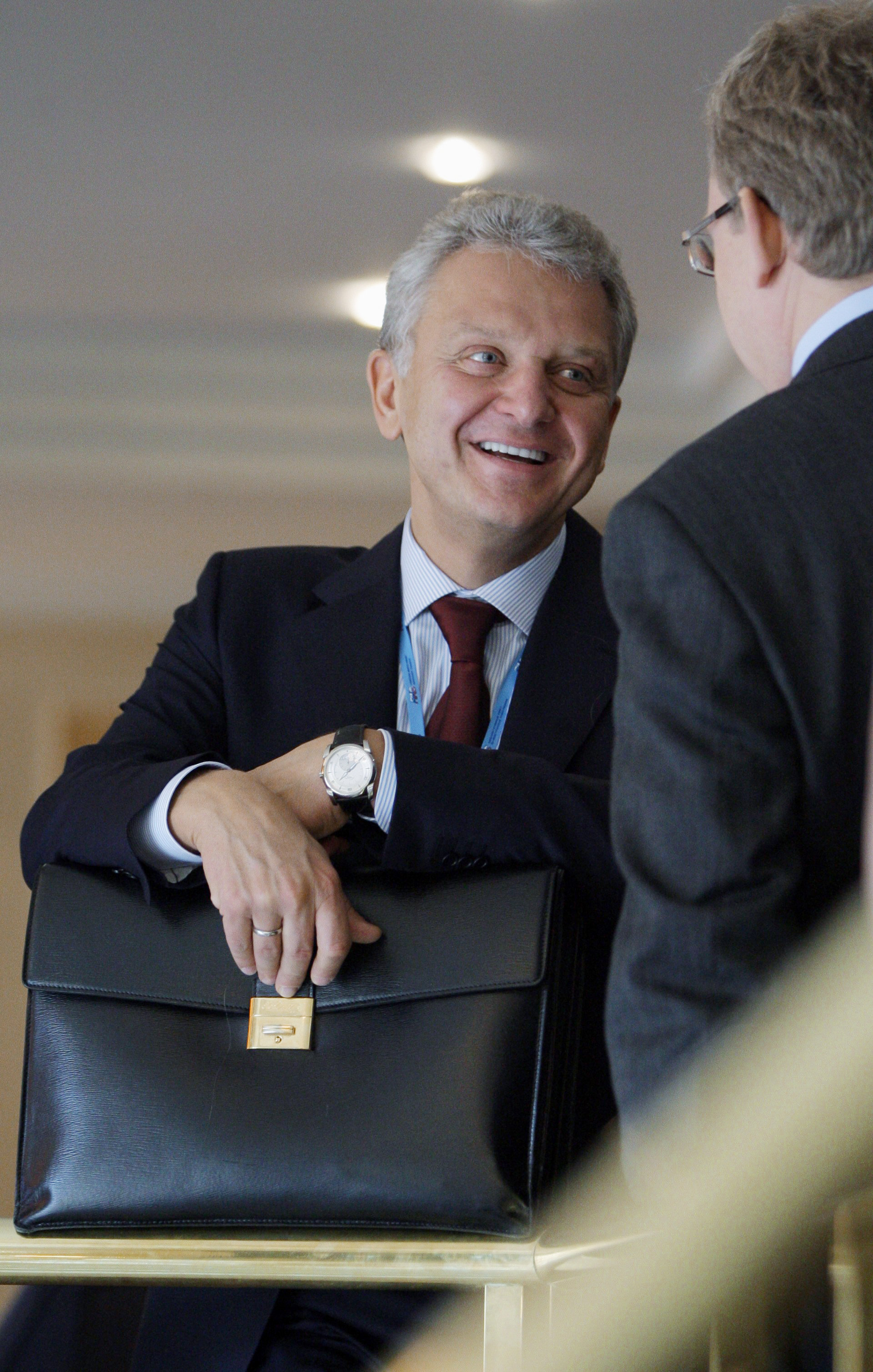Arkady Smolin, RAPSI
For the second time in the past 150 years, Russia has more lawyers than it needs. The number of young people who are studying law has increased approximately 20-fold over the past decade. Meanwhile the number of law schools has grown from 52 in the Soviet period to 1,000 now, of 1,500 including branches. Over 800,000 young people are studying law, even though the number of practicing lawyers ranges in Russia between 55,000 and 60,000.
Paradoxically, there are a lack of skilled lawyers in the Russian market, despite the huge number of law school graduates, and despite the fact that the law boom is propelled by a desire to correspond to global standards, something which is vital in order for Russia to become a full-fledged player on the global market.
Russia’s accession to the World Trade Organization (WTO) highlighted its lack of skilled legal professionals.
“It took us 17 years to join the WTO, but we have managed to train only a few dozen skilled legal professionals, although we actually need hundreds more lawyers to protect the interests of the country and individual companies,” said Sergei Katyrin, President of the Russian Chamber of Commerce and Industry.
This view is not shared by Igor Manylov, Chairman of the Board of the Association of Lawyers of Russia, who believes that there is no “overproduction crisis” in the legal profession. He admits, however, that there are problems with the quality of legal education.
There are plans to allocate at least 300 million rubles ($9.7 million) from the budget to finance the training of lawyers, especially international lawyers who can work at the WTO headquarters.
Legal market outlook
Gleb Lebedev, Market Research Manager at Headhunter Group, spoke with RIA Novosti about the current market trends for law school students and graduates.
“The number of lawyer vacancies has grown by 50% over the past three years, and the process was much more active in 2012 than in the two preceding years. This shows that the demand for legal professionals will be high in the first half of 2013,” Lebedev said. “Over the past three months, there were 11,858 open vacancies in the legal profession, with approximately 80 applicants per place.”
Lebedev pointed to low demand and high competition in the legal sphere, which allows employers to choose the best of the best.
“We have a tool to measure the ratio of resumes to the number of open vacancies – the hh.index. The rating for the legal profession is 9.1, which is high. It is nearly two times higher than the market average at this moment,” Lebedev said. “The rating is even higher for the heads of law departments – 15.1, approximately 15 people per vacancy.”
Lebedev pointed out that salaries in the legal profession are growing, but not very rapidly.
“The average lawyer’s salary in Russia has grown by 5,000 rubles over the last three years, from 35,000 rubles to 40,000 rubles ($1,297) per month. The salaries of the heads of law departments have grown by 10,000 rubles, from 80,000 to 90,000 rubles ($2,920). According to our forecasts, lawyers’ salaries are unlikely to grow by more than 5% to 7% next year,” Lebedev said.
The average legal profession salary tops out in Moscow at 45,000 rubles on average and bottoms out in Kazan, where the average is 17,500 rubles. The heads of law departments are paid an average of 100,000 rubles in Moscow and only 35,000 rubles in Nizhny Novgorod.
Lebedev added that the falling demand for lawyers and heads of law departments lasted from the second half of 2010 to the second half of 2011. “After that crisis year in the legal profession, growth in the number of open vacancies resumed and continued for a year,” he said.
New trends on the market
There are reasons to expect a growing demand for specialty lawyers, and hence legal Jacks-of-all-trades should consider specializing if they want to make a career.
Experts forecast a growing demand for corporate lawyers, including tax and real estate specialists.
Lawyers’ salaries will continue to grow, they predict.
A growing number of paying students
Meanwhile, the government decided to reduce enrollment in federally funded law schools: the number of places open for students at humanities (including law) schools was cut by 39% in 2011. It was announced on November 9, 2012, that the Ministry of Education and Science would cut admission to budget-funded law schools by 30,000 spots in 2013.
At the same time, more young people are paying for their studies. Education Minister Andrei Fursenko said that law schools lost 12,000 federally funded spots in 2004-2009, while the number of law students paying for their education increased by 102,000.
However, paid education does not mean higher quality. Moreover, there are very many young people with inadequate general education who are willing to pay for a higher education, which is bolstering corruption at universities.
It is unclear how a reduction in the number of federally funded faculties can help resolve one of Russia’s biggest problems: the lack of competent lawyers who can work efficiently amid rapidly changing economic conditions. Nothing has been said about ensuring requisite standards at each level of legal education (Bachelors, Masters, post-graduate, and PhD studies). Meanwhile, the inability to correspond to the form and essence of the standards is one of the main obstacles hindering the participation of Russian professionals in international projects.



